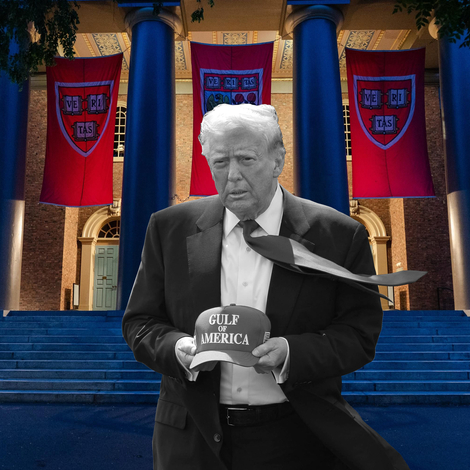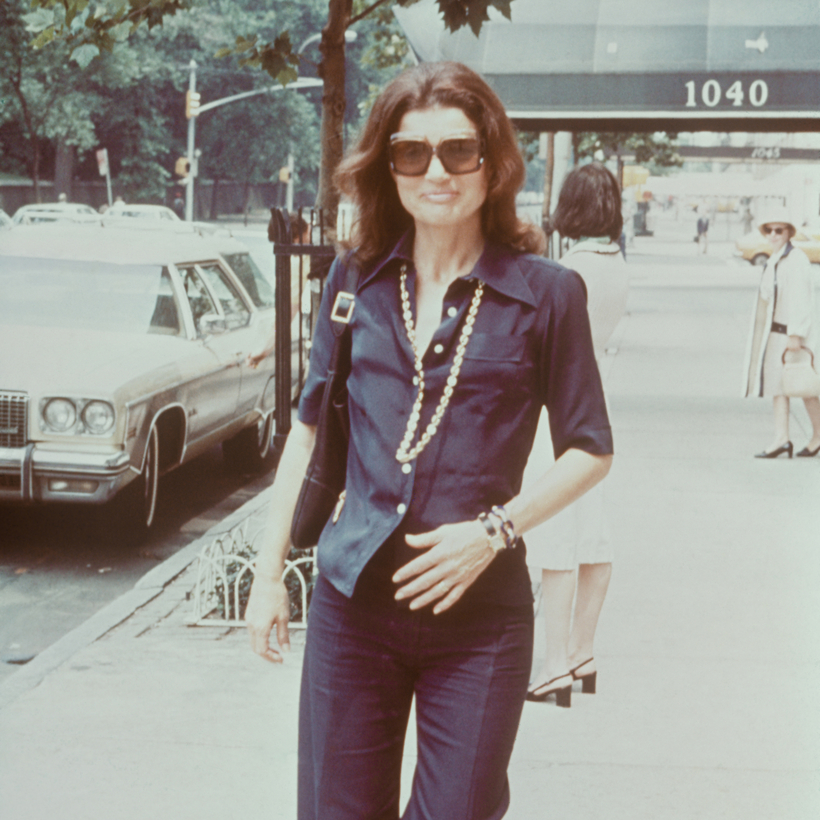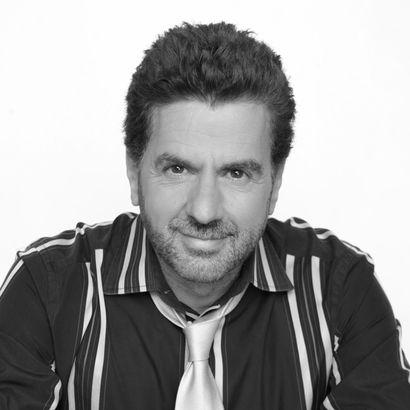“Oh, you know me, Jack. I have three lives. Public, private, and secret.”
Those were Jacqueline Kennedy Onassis’s words to the acclaimed architect John Warnecke in 1989, about a week before her 60th birthday. Warnecke recalled them to me almost 10 years later when I interviewed him for Jackie, Ethel, Joan—Women of Camelot, the first of my five Kennedy books.
John—known as “Jack”—was hired by Jackie in 1963 after the assassination of President Kennedy to design and construct his grave site at Arlington National Cemetery. A year later, he and Jackie became romantically involved, which they somehow managed to keep secret for almost four years. It ended when Jackie had to choose between Warnecke and the Greek tycoon Aristotle Onassis. Of course, she chose Onassis, whom she married in 1968. However, she and Jack remained good friends all the way to her death, in 1994.
“After what we had,” Jack recalled telling Jackie, “I could never see you with someone like Onassis.” He was referring to the romantic spark he suspected she didn’t have with Onassis. It was in response to this observation that Jackie spoke of her “three lives.”

We don’t know if Jackie felt her aphorism was her own, or whether she was quoting the Colombian novelist Gabriel García Márquez, who once said, “All human beings have three lives: public, private, and secret.” Márquez had won the Nobel Prize in Literature seven years prior, in 1982, so it’s possible he was Jackie’s muse. “I certainly knew what she meant,” Warnecke told me, “and that was very true of Jackie. Public and private, I knew about. Secret? She let very few people in on that.” (John Warnecke died in 2010 at the age of 91.)
Having spent the last 25 years researching Jackie’s life and times, I can certainly attest to the notion that few celebrities were as private. In my new book about her, called—what else?—Jackie: Public, Private, Secret, I attempted to put into context many of the milestones we’ve heard about over the years but never quite understood, such as Jackie’s controversial marriage to Onassis and her mysterious relationship with the businessman Maurice Tempelsman.
It’s interesting that Jackie chose to become a book editor, first at Viking Press in 1975, and then at Doubleday in 1978. In that role, she was forced to straddle the worlds of private icon and inquisitive book editor.
When I first met her at Doubleday, in January 1983—she had championed my first book there, a biography of Diana Ross—what struck me most about her was her accessibility. For such a private woman, I was amazed by her trusting nature. Sitting across from her, I felt I could have asked her any question and she would have answered truthfully.

Of course, I didn’t. I could never return her to any place of darkness in her life because, well … I felt she trusted me. That, I now realize, was a sort of secret weapon of hers. She believed people wouldn’t abuse their time with her or betray her by asking probing questions. It’s certainly one of the ways she managed to keep her secrets.
Later, she’d keep one from me, too.
In the spring of 1983, Diana Ross and her literary agent, Irving “Swifty” Lazar, met with Jackie to try to prevent the publication of my book for Doubleday. In that meeting, as I later learned, Diana told Jackie that if she could get the company to cancel my contract, she’d offer up her own book, which she described as “inspirational, but with no personal details, whatsoever.” Jackie passed. That was all I knew at the time. My book—Diana: The Life and Career of Diana Ross—was published by Doubleday in 1985.
But that wasn’t the whole story.
Five years later, a source gave me private correspondence from Jackie to Diana and Swifty. In it, Jackie offered to send my manuscript to them to read before publication. Anything they didn’t like, Jackie said, could be cut from the book. However, they had just one month to do it, so they had to move fast.
“Public and private, I knew about. Secret? She let very few people in on that.”
To this day, I don’t know if any of the edits to that manuscript—and there were many!—were the result of Diana’s or Swifty’s reads. I don’t even know for certain that they actually read it. But the fact that Jackie sent it to them troubled me. I felt betrayed. As secrets go, that was a pretty big one.

Now, all these years later, I figure Jackie probably struggled with the decision. After all, she was a celebrity long before she was an editor. She well understood a famous woman’s concerns about unauthorized biographies. She had attempted to stop several about herself, unsuccessfully but not for lack of trying. She wanted to please Diana because she identified with Diana.
“I just adore Diana Ross,” Jackie had told me when I met her in 1983. “She’s so … what’s the word I’m looking for?” She gazed at me for a moment before it came to her. “Enigmatic.”
“Speaking of which,” she added, “do you know Michael Jackson?” I answered yes. He’d been a friend of mine since childhood. “Then we should definitely talk about him one day,” she said. (In 1988, Jackie would edit Michael’s memoir, Moonwalk, and then, in 1991, I would write my own book about him, Michael Jackson: The Magic and the Madness.)
Jackie told me she was interested in acquiring for Doubleday books by or about public figures who had private lives readers would find unusual or surprising. “Like it or not, a person’s secrets are what makes any biography worthwhile,” she concluded. “Otherwise, what’s the point?”
What an interesting perspective from a woman who had so ferociously guarded her own private life.

J. Randy Taraborrelli’s Jackie: Public, Private, Secret is out now from St. Martin’s


